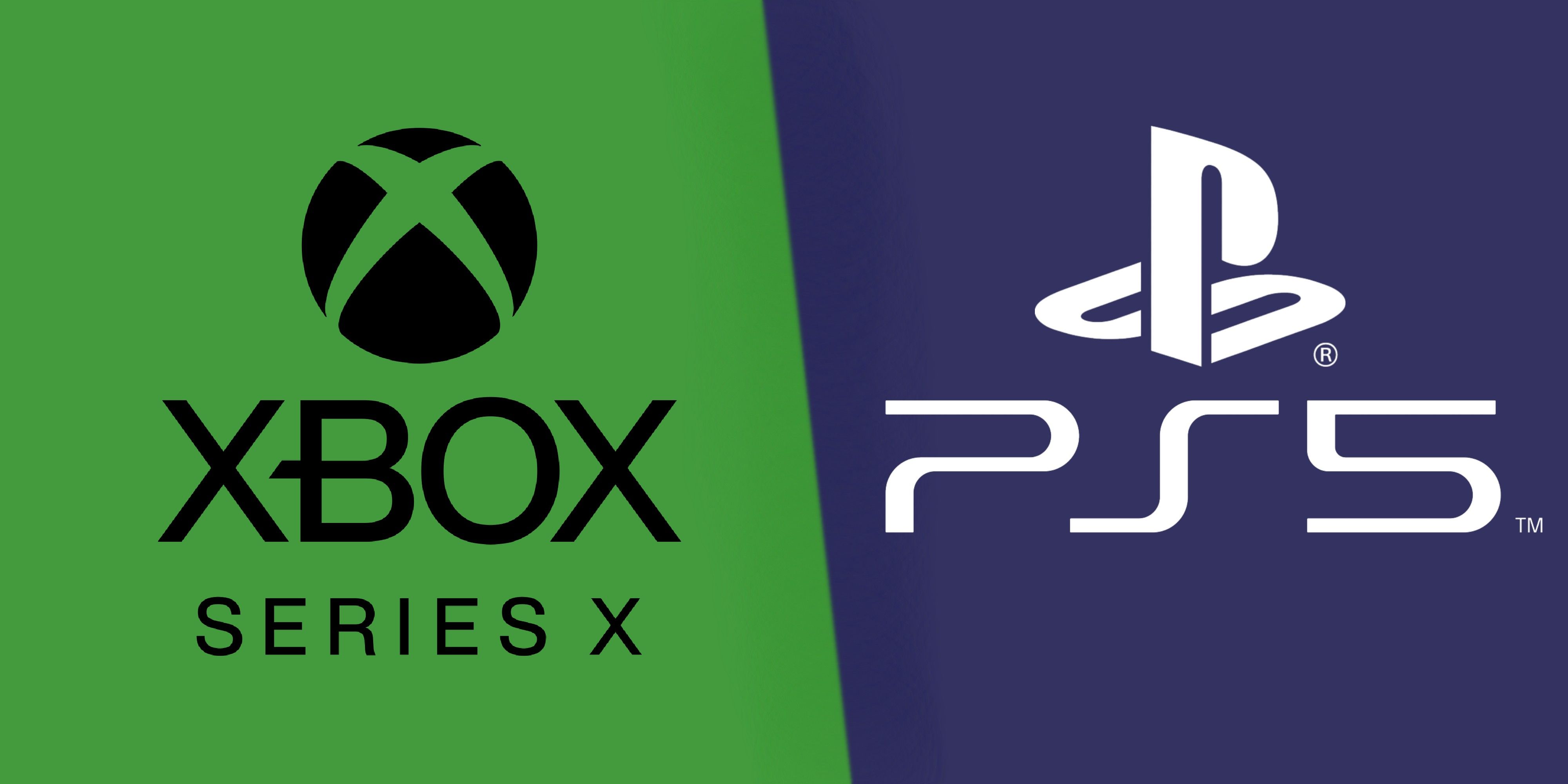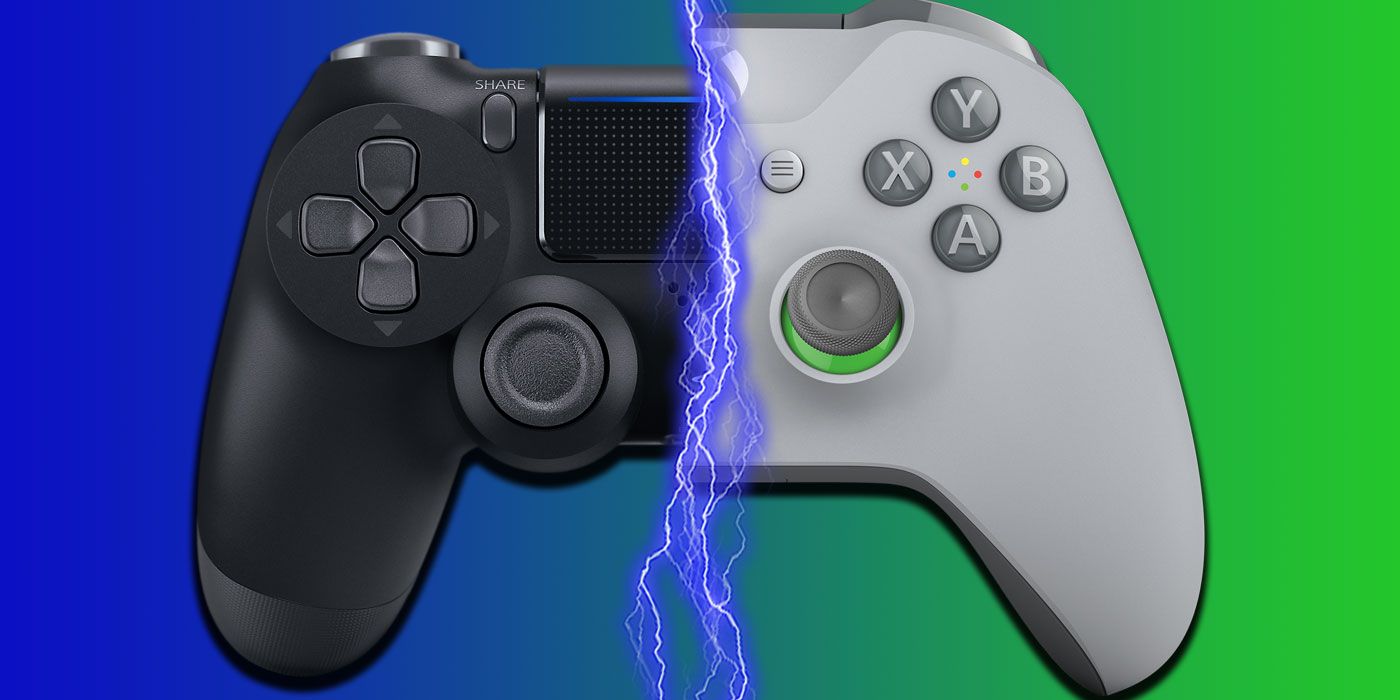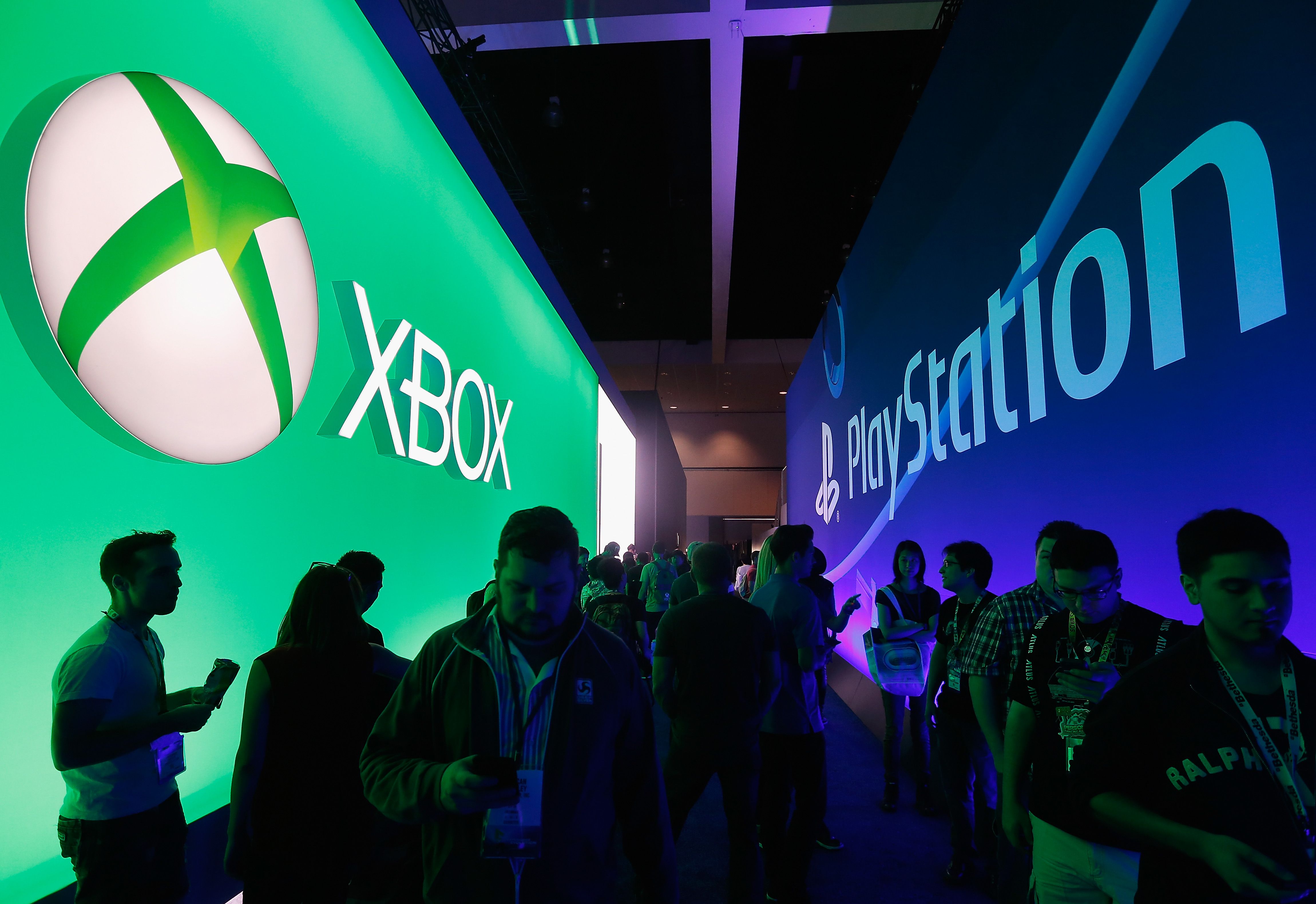Despite the ongoing uncertainties regarding the COVID-19 pandemic, Sony and Microsoft are still expressing confidence that their next-gen consoles will be able to hit their Holiday 2020 release window. But as each day and week brings more announcements of delays across all forms of media, the idea of the companies hitting this goal begins to seem less and less likely.
It makes sense that Sony and Microsoft do not want to delay the PlayStation 5 or the Xbox Series X, and, understandably, neither wants to be the one who makes any such announcement first. But sticking to their current window could hurt both companies whether they each manage to release their respective consoles this year or not.
Both Sony and Microsoft have acknowledged the ongoing challenges, but neither has indicated that they are seriously considering a delay to next-gen hardware. As of late March, Sony still projected that there would be no delay to the PlayStation 5. Just last week, Head of Xbox Phil Spencer told IGN that Chinese manufacturers have returned to work, which keeps their timeline goals for the Xbox Series X intact. Spencer goes on to mention that events are actively changing, and Xbox will have to keep their "eyes wide open" to any changes.
While this does express some understanding that a delay is possible, Sony and Microsoft still seem to be tempering fears that the consoles will need to be pushed back. Analysts, however, have been less confident that the PS5 and Series X will be able launch later this year. DFC Intelligence has predicted that one or both consoles will be delayed and, if either releases, it will be in short supply.
Of course, these analysts have more flexibility to express their concerns and acknowledge the reality of the situation than Sony or Microsoft, who obviously don't want to signal to fans, investors or their competitors that anything is wrong. But the longer these companies go on trying to make it appear that nothing is wrong, the more likely it is that fans will ultimately be disappointed by either a last minute delay, a rushed or more expensive final product or shortages that make it hard to obtain a console at launch.
We've already seen manufacturing and distribution issues cause game delays, such as The Last of Us Part II and Iron Man VR, which were pushed back indefinitely. As Naughty Dog (the studio behind The Last of Us Part II) explained on Twitter, the issue does not have to do with the workflow, as it is finished with the game and working on fixing bugs. The issues that they are facing are due to the logistical side of gaming, such as how to get physical copies to people when stores aren't open.
This is likely to be the case with next-gen consoles as well. Sony and Microsoft don't want to have a poor launch that would leave a bad impression on next-gen as a whole, so the companies have a lot riding on the PS5 and Series X launches. But pushing ahead to make a Holiday 2020 launch could lead to a rushed final product, if not a more expensive one. There were already reports months ago that the PS5 was more expensive to manufacture than Sony had hoped due to expensive parts, and shortages caused by COVID-19 halting production in many places could drive prices up further. If manufacturing increases in price, consoles will have to increase in price as well.
According the experts, Sony and Microsoft would need manufacturers to be back to operating" at full capacity before the end of Q2 2020" in order to meet their supply goals. But with the situation being what is it, this seems increasingly unlikely. While Sony and Microsoft's hesitation to take any decisive step out of concern that such a move would give the competition the upper hand is understandable, under these circumstances, the lack of transparency could eventually end up disappointing fans and souring next-gen before it even gets a chance to start.



